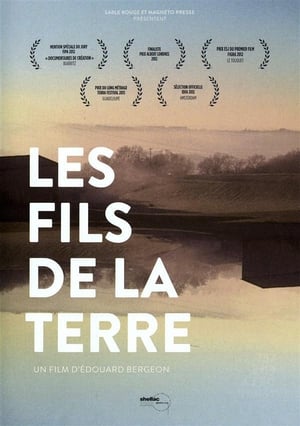

From the Black Earth(2022)
From the Black Earth is a collaboration between Bristol based company Cables and Cameras, and a local farmer Humphrey Lloyd. Employing both lucid speakers and poetic camera work, the film poses stark questions such as; why does food poverty exist in a nation of plenty, and why are people of colour so under represented not only in our countryside and farms, but in the environmental movement more broadly? By giving a platform to people of colour who are connecting with nature and working the land, this short documentary starts to unpick these questions...
Movie: From the Black Earth
Top 6 Billed Cast

From the Black Earth
HomePage
Overview
From the Black Earth is a collaboration between Bristol based company Cables and Cameras, and a local farmer Humphrey Lloyd. Employing both lucid speakers and poetic camera work, the film poses stark questions such as; why does food poverty exist in a nation of plenty, and why are people of colour so under represented not only in our countryside and farms, but in the environmental movement more broadly? By giving a platform to people of colour who are connecting with nature and working the land, this short documentary starts to unpick these questions...
Release Date
2022-04-04
Average
0
Rating:
0.0 startsTagline
Genres
Languages:
EnglishKeywords
Similar Movies
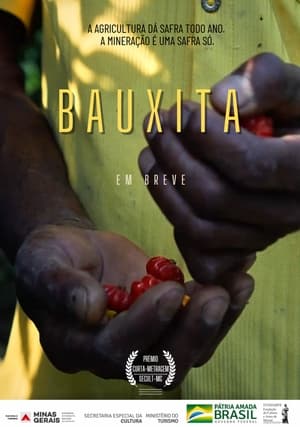 10.0
10.0Bauxita(en)
Brazil is one of the most dangerous countries for environmentalists. The rural community of Belisário holds the country's second largest bauxite reserve, right below one of the most bio-diverse areas in the world: the Atlantic Forest. The small community was shaken when the beloved Gilberto, a Franciscan Friar, received a death threat followed by the lines: "you've been talking against mining way too much". PT: O Brasil é um dos países mais perigosos do mundo para defensores do meio ambiente. Em Minas Gerais, a comunidade rural de Belisário abriga a segunda maior reserva de bauxita do país, em uma das áreas de maior biodiversidade do mundo: a Mata Atlântica. A tranquilidade do pequeno vilarejo foi abalada quando Frei Gilberto, um franciscano que dedica sua vida à preservação da natureza, recebeu uma ameaça de morte com o seguinte aviso: "você tem falado demais contra a mineração".
 0.0
0.0Sunlight: YES(en)
Pioneering Australian bio-artists SymbioticA showcase their “Sunlight, Soil & Shit (De)Cycle” project, the latest in a long line of potential technological solutions to the looming global food crisis. Will it save humanity from its doom? Where are the investors?
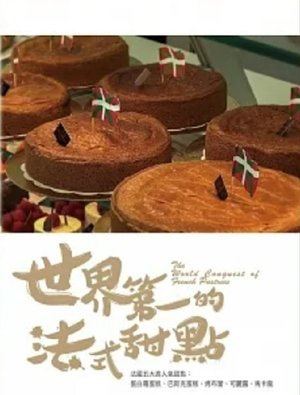 0.0
0.0The World Conquest of French Pastries(en)
The French pastry again on the roof of the world! On January 23rd, France is awarded for the 8th time wins the pastry world cup again, one of the most prestigious international competitions of gastronomy. France thus remains the most successful country to this day. But the conquest of the world of the French pastry does not limit itself to awards. The know-how and the French creative genius are durably exported and spreads over all the regions of the world!
 7.4
7.4Cheap Food(fr)
Industrial food production has provided the public with an abundance of food at very low prices. But with obesity and diabetes at record levels in Europe, there is clearly a problem with the food we eat. This documentary puts the spotlight on the agri-food industry and reveals how low-cost ultra-processed foods are really made.
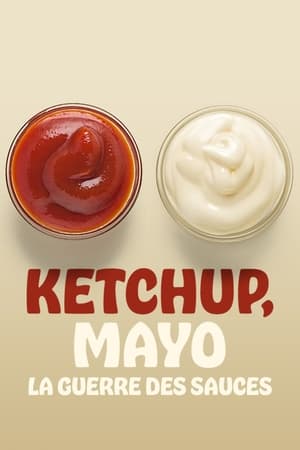 7.0
7.0Ketchup, Mayo: War of the Sauces(fr)
Ketchup and mayonnaise have experienced a global success. We love them, but we know almost nothing about them. How have they crossed the centuries and continents since their creation? From industrial tomatoes, specially shaped for the industrial process, to dried egg yolk powder dedicated to the food industry, industrial version sauces are surprising. However, it is possible today to eat gourmet versions of ketchups and mayonnaise. And it is not of little consequence to choose quality ones, because scientifically, they are indeed addictive.
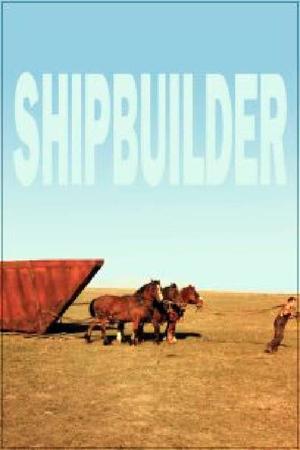 0.0
0.0Shipbuilder(en)
This film recreates the true story of Tom Sukanen, an eccentric Finnish immigrant who homesteaded in Saskatchewan in the 1920s and 1930s. Sukanen spent ten years building and moving overland a huge iron ship that was to carry him back to his native Finland. The ship never reached water.
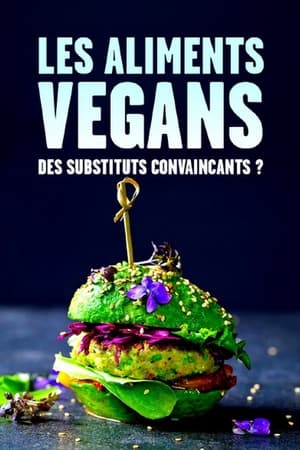 8.0
8.0Free from... Are Substitute Foods the Better Alternative?(de)
For more and more people, food not only has to be tasty and healthy, but also good for the climate. Five alternatives to classic foods are being put to the test. Can they meaningfully supplement our diet? This documentary goes in search of answers with the vegan star chef Ricky Saward and health experts Irina Blumenstein, Sandra Ulrich-Rückert and Margareta Büning-Fesel.
Man Versus Man(en)
Man-pulled rickshaw, which have served Kolkata for over eight decades face virtual extinction as a result of legislation introduced by the State Government in 1981. This would rob over 100,000 people of a living. The film analyzes the critical situation, and on the basis of concrete facts and figures, questions whether such a step would be fruitful at all. The image of a man pulling a man is a depressing and a negative one - but not more negative than that of the image of a man going without food.
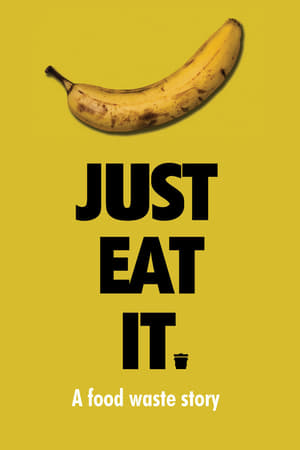 6.8
6.8Just Eat It: A Food Waste Story(en)
We all love food. As a society, we devour countless cooking shows, culinary magazines and foodie blogs. So how could we possibly be throwing nearly 50% of it in the trash? Filmmakers and food lovers Jen and Grant dive into the issue of waste from farm, through retail, all the way to the back of their own fridge. After catching a glimpse of the billions of dollars of good food that is tossed each year in North America, they pledge to quit grocery shopping and survive only on discarded food. What they find is truly shocking.
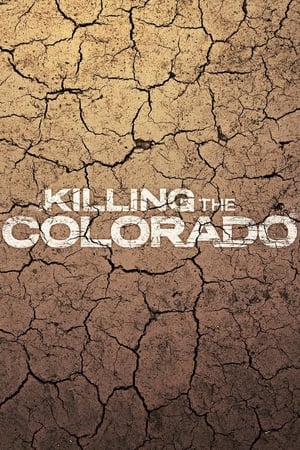 6.0
6.0Killing the Colorado(en)
The drought in the American West is predicted to be the worst in 1,000 years. Join five Academy Award-winning filmmakers as they explore the environmental crisis of our time and how to fix it before it's too late.
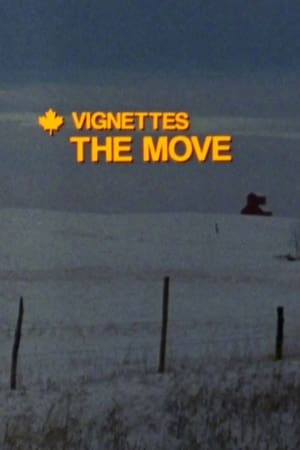 0.0
0.0Canada Vignettes: The Move(en)
In this short documentary from the Canada Vignettes series, a Saskatchewan grain elevator is moved across the snow-covered prairie to a new home after nearly a half-century of use. The film follows the lifting and transporting of the 9-storey, 200-ton structure, and examines the feelings of the people as they witness the final passing of their town's one and only grain elevator.
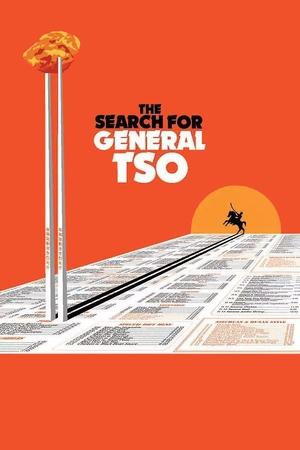 6.5
6.5The Search for General Tso(en)
From New York City to the farmlands of the Midwest, there are 50,000 Chinese restaurants in the U.S., yet one dish in particular has conquered the American culinary landscape with a force befitting its military moniker—“General Tso’s Chicken.” But who was General Tso and how did this dish become so ubiquitous? Ian Cheney’s delightfully insightful documentary charts the history of Chinese Americans through the surprising origins of this sticky, sweet, just-spicy-enough dish that we’ve adopted as our own.
 0.0
0.0Gardening with Summer Perennials(en)
A video that teaches you how to best grow summer perennials.
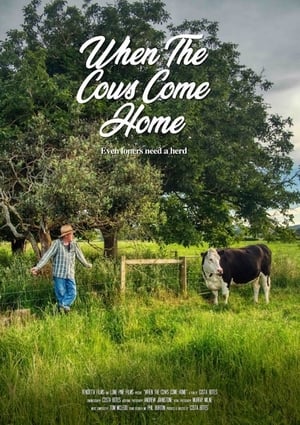 0.0
0.0When the Cows Come Home(en)
When the Cows Come Home introduces audiences to Tilly and Maggie, a pair of cows that musician, journalist, artist and cow whisperer, Andrew Johnstone has befriended and subsequently saved from slaughter. The garrulous herdsman is enthusiastic to expound his views on animal husbandry, bovine communication and the vagaries of life in general, before the film walks us back through the events that have shaped the singular farmer-philosopher. From personal family tragedy to warring with Catholic school authorities, innovating in Hamilton’s nascent music scene to creating guerrilla art installations; Johnstone’s life has had a truly idiosyncratic trajectory. Mental health issues may have seen him retreat to life on the farm, but the film makes clear its subject’s restless inquisitiveness is far from being put out to pasture.
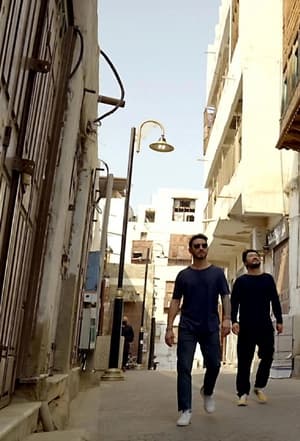 10.0
10.0Arabian Flavours(fr)
Join world renowned chefs, Pierre Sang & Cédric Grolet, as they travel Saudi Arabia experiencing new flavours, meeting other chefs and learning Arabic cooking techniques.
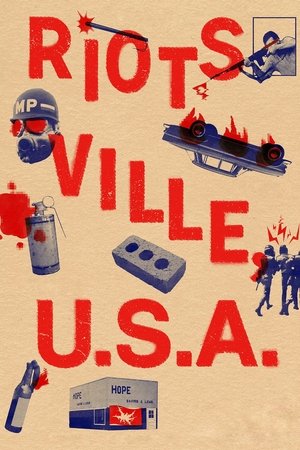 6.2
6.2Riotsville, USA(en)
An archival documentary about the U.S. military’s response to the political and racial injustices of the late 1960s: take a military base, build a mock inner-city set, cast soldiers to play rioters, burn the place down, and film it all.
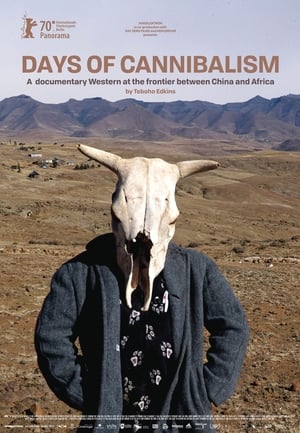 0.0
0.0Days of Cannibalism(st)
A Western-like documentary set in a remote rural region in Lesotho: a frontier space where the ways of modern society are of little, if any, value. The arrival of economic migrants from China has irrevocably upset the balance of power, as old laws and ancient gods are doddering away. Subtle moments and small gestures reveal the trauma of expatriation, the burden of personal sacrifice, solitude and alienation, as well as the painful experience of otherness. As old structures begin to disintegrate and violence is about to erupt, one rule asserts itself above all others: eat or be eaten.
 0.0
0.0Alexis Tremblay: Habitant(en)
This short documentary illustrates rural French Canadian life in the early 1940s. The film follows Alexis Tremblay and his family through the busy autumn days as they bring in the harvest and help with bread baking and soap making. Winter sees the children revelling in outdoor sports while the women are busy with their weaving, and, with the coming of spring young and old alike repair to the fields once more to plough the earth in preparation for another season of varied crops. One of the first NFB films to be produced, directed, written and shot by women.
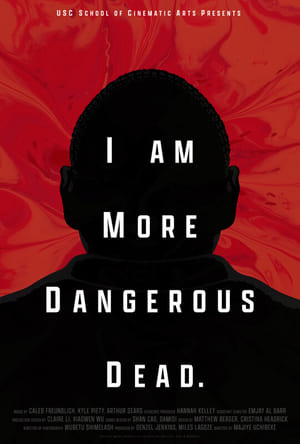 0.0
0.0I Am More Dangerous Dead(en)
A poetic tribute to writer, poet and environmental activist, Ken Saro-Wiwa, who was executed alongside eight other activists for opposing the environmental damage done in their oil-rich homeland, Ogoni.
